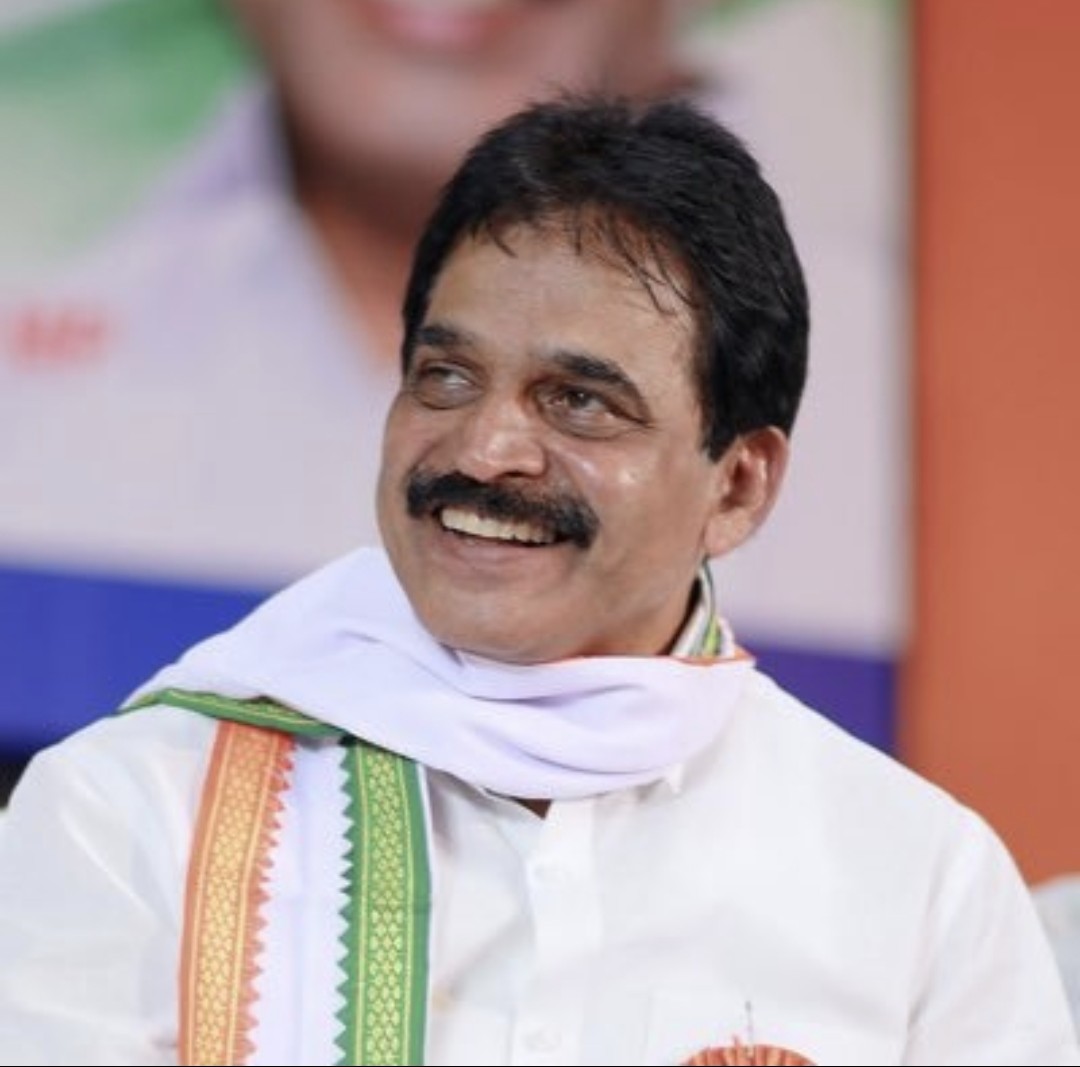Supreme Court Gives One Week to Centre to Respond on Waqf Amendment Act; No Denotification or Appointments Till May 5
Dated 17th April 2025
News By Dr. B R Abdul Wajid
Editor in Chief
New Delhi | The Supreme Court has given the Central Government seven days to file its reply to the petitions that have challenged the Waqf (Amendment) Act, 2025.
A three-judge bench, led by Chief Justice of India Sanjiv Khanna and including Justices P.V. Sanjay Kumar and K.V. Viswanathan, heard the matter.
During the hearing, the Central Government assured the court that Waqf properties, including ‘waqf by user’ will not be denotified till the next hearing scheduled for May 5.
The Solicitor General Tushar Mehta also informed the court that no appointments will be made to the Central Waqf Council or any State Waqf Boards in the meantime. This assurance was officially recorded by the court.
The Waqf (Amendment) Act, 2025, has become controversial as it allows non-Muslims to be included in the key waqf administrative bodies. Several petitions have been filed against this law, questioning its constitutional validity.
The Supreme Court also clarified that it will hear only five selected petitions related to this matter on May 5, instead of the ten that were originally listed.
Congress General Secretary K C Venugopal Welcomes SC Remarks on Waqf Act, Calls for Wider Debate

Shri K C Venugopal, General Secretary of AICC, has reacted strongly to the Supreme Court’s observations on the Waqf Amendment Act, 2025. In his message on social media platform X, he said the Court’s remarks have clearly supported the concerns raised by the INDIA alliance parties both inside and outside the Parliament.
He mentioned that the new law was passed in a hurry and many important issues were not properly discussed — neither during the Joint Parliamentary Committee meetings nor in Parliament.
“The Supreme Court has now opened the way for a wider and important discussion on this law,” he said.
According to Shri Venugopal, the Supreme Court has raised serious questions about whether this Act goes against fundamental rights guaranteed by the Constitution. He also stated that the law has a divisive nature, which is harmful to the unity of the country.
He assured that the Congress party and the INDIA alliance will continue to fight for the values of India — inclusiveness, justice, and pluralism — both in the courts and among the people.



